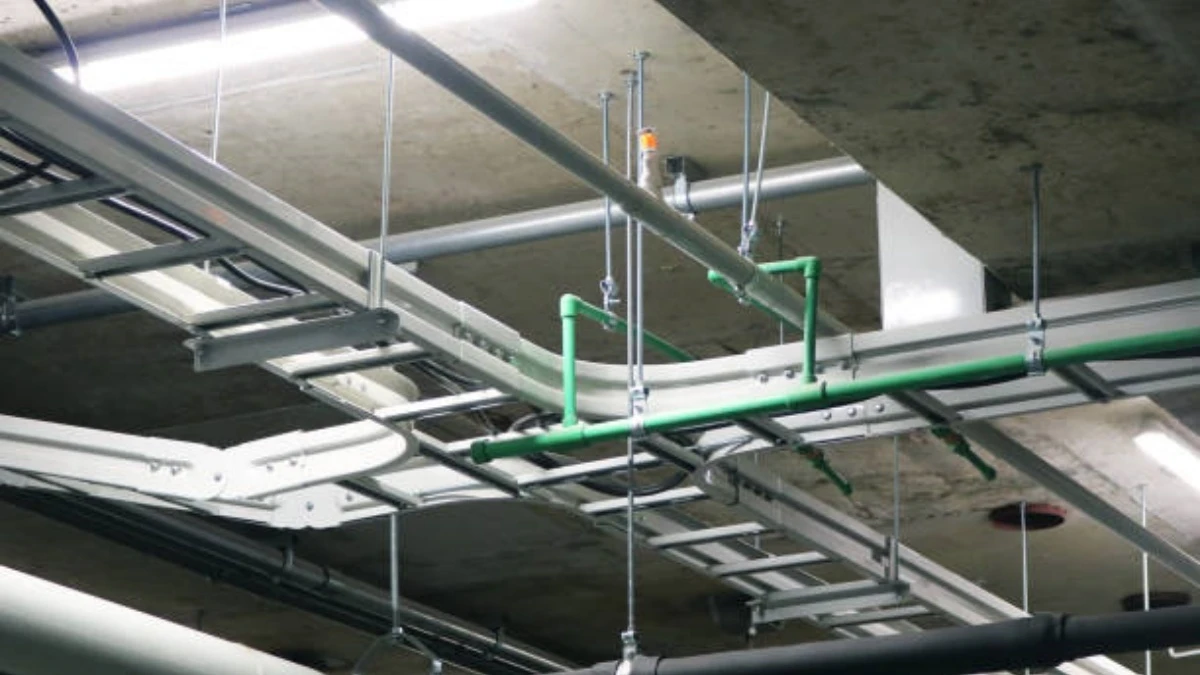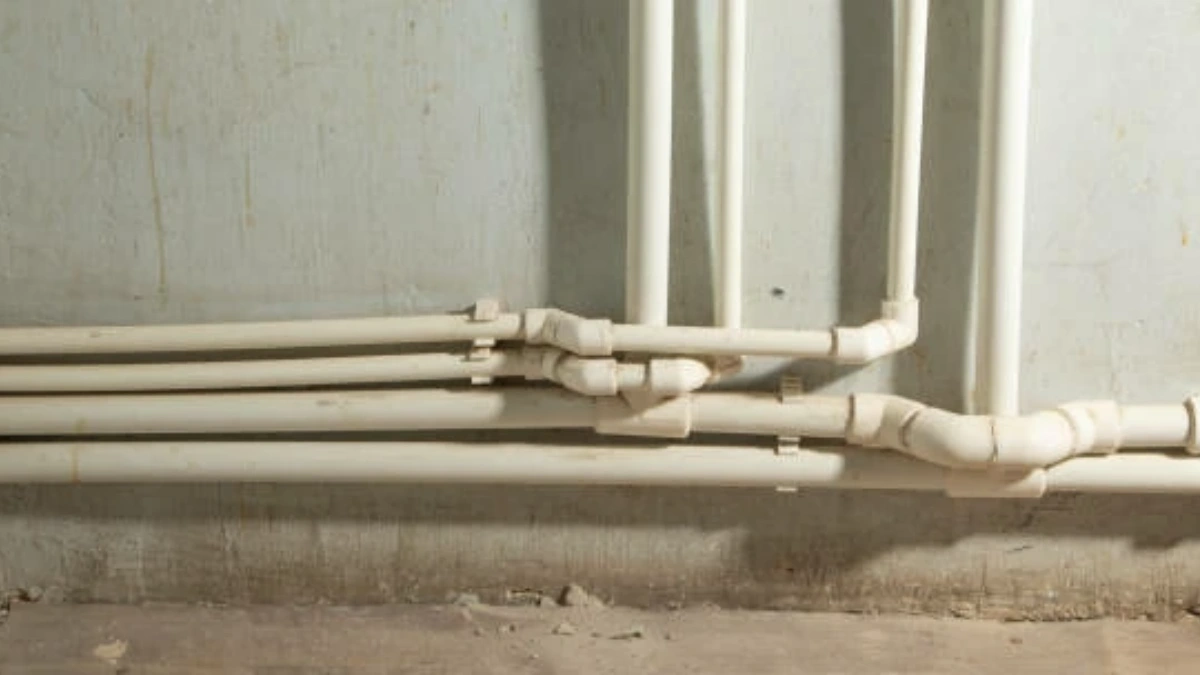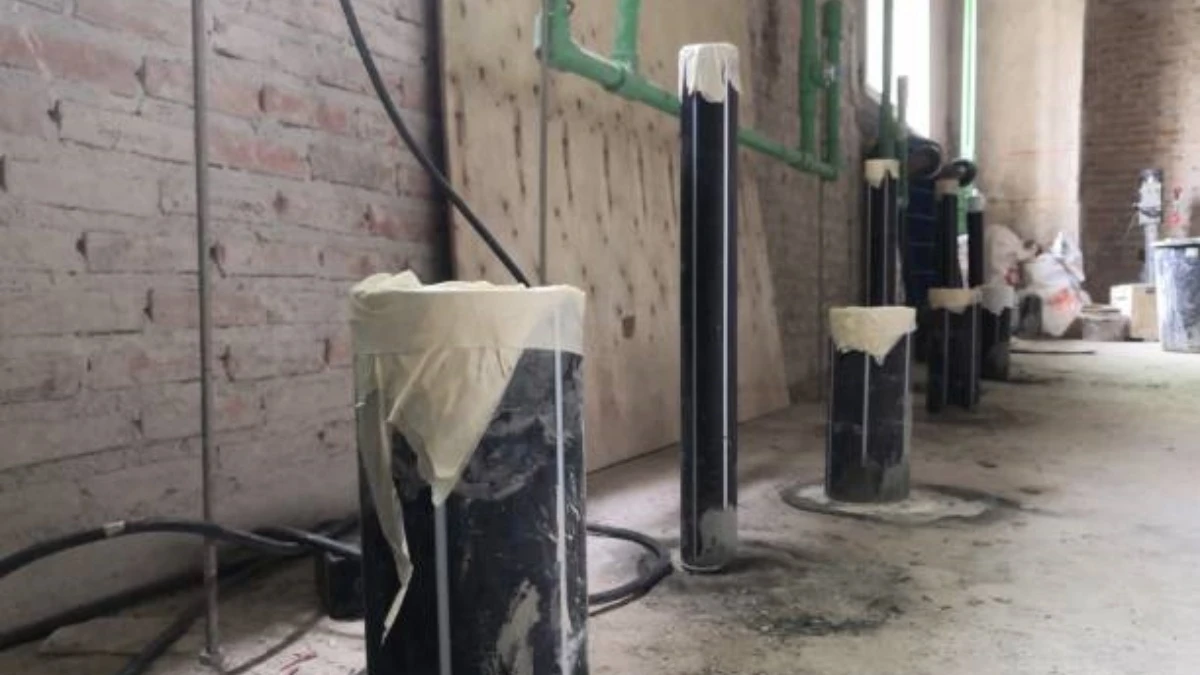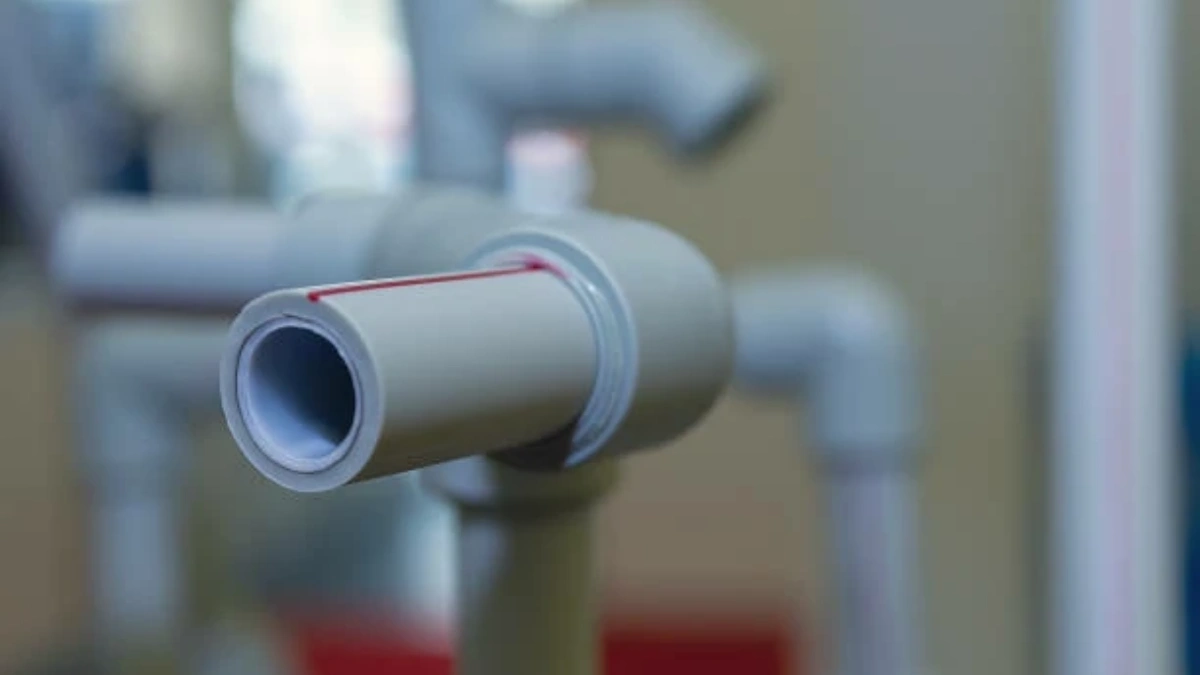The plumbing fixtures and fittings market is poised for significant expansion, projected to grow by USD 51.5 billion from 2024 to 2028. This growth can be largely attributed to a rise in construction activities across residential, commercial, and industrial sectors. In this article, we will delve into the key drivers of this market, examine trends influencing growth, and highlight the future outlook for plumbing fixtures and fittings.
Understanding Plumbing Fixtures and Fittings
Plumbing fixtures and fittings play a crucial role in any plumbing system. Fixtures include items such as sinks, faucets, toilets, and bathtubs, while fittings refer to the components that connect pipes, such as elbows, tees, and couplings. Together, they ensure the efficient flow of water and waste within various types of buildings.
Types of Plumbing Fixtures
- Sinks and Faucets: Essential in kitchens and bathrooms, these fixtures come in various styles and materials.
- Toilets: Modern toilets are designed for water efficiency and comfort, making them a key focus in plumbing upgrades.
- Bathtubs and Showers: These fixtures enhance the bathroom experience, with a variety of designs available for different preferences.
- Water Heaters: Essential for hot water supply, water heaters are a critical component in residential and commercial plumbing.
Types of Plumbing Fittings
- Elbows: Used to change the direction of pipes.
- Tees: Allow the branching of pipes to direct flow in different directions.
- Couplings: Connect two sections of pipe.
- Valves: Control the flow of liquids in the plumbing system.
Key Drivers of Market Growth
1. Rise in Construction Activities
The construction sector is witnessing robust growth, driven by urbanization, population growth, and economic development. Increasing investments in residential, commercial, and infrastructure projects are propelling the demand for plumbing fixtures and fittings. According to various reports, construction spending is expected to increase significantly in the coming years, providing a substantial boost to the plumbing market.
2. Increased Focus on Water Efficiency
With rising awareness of environmental issues and water scarcity, there is a growing emphasis on water-efficient plumbing fixtures. Manufacturers are responding by producing low-flow toilets, faucets, and showerheads that help conserve water without compromising performance. This shift towards sustainability is expected to further fuel market growth.
3. Technological Advancements
Innovations in plumbing technology are transforming the market landscape. Smart plumbing fixtures that offer features like touchless operation and integrated sensors are becoming increasingly popular. These advancements not only enhance convenience but also promote water conservation, appealing to environmentally conscious consumers.
4. Renovation and Remodeling Activities
As homeowners seek to upgrade their existing plumbing systems, renovation and remodeling projects are on the rise. This trend is particularly strong in older homes that require modernization, further driving demand for new fixtures and fittings. The desire for aesthetic improvements also plays a crucial role in encouraging homeowners to invest in updated plumbing solutions.
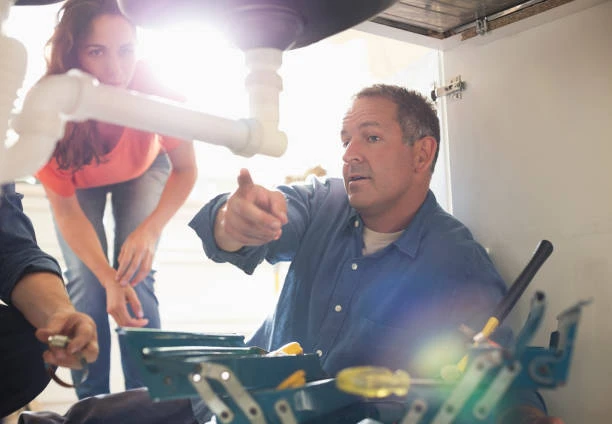
Trends Influencing the Plumbing Fixtures and Fittings Market
1. Growth in Smart Homes
The increasing popularity of smart home technology is impacting the plumbing fixtures market. Homeowners are looking for smart plumbing solutions that integrate with their home automation systems. Features such as remote monitoring, leak detection, and automatic shut-off valves are in high demand.
2. Rising Consumer Preference for Aesthetics
Consumers are placing greater importance on the aesthetics of plumbing fixtures. Stylish designs, finishes, and colors are becoming key selling points for manufacturers. The trend toward customizability allows consumers to create unique spaces that reflect their personal style.
3. Sustainable and Eco-Friendly Products
The trend toward sustainability is driving manufacturers to develop eco-friendly plumbing fixtures and fittings. Recyclable materials, low-flow technologies, and energy-efficient water heaters are gaining traction in the market, appealing to environmentally conscious consumers.
Future Outlook
The plumbing fixtures and fittings market is set to experience significant growth in the coming years, with a projected increase of USD 51.5 billion from 2024 to 2028. The combination of rising construction activities, technological advancements, and growing consumer demand for water-efficient and aesthetically pleasing products will drive this growth. As the industry continues to evolve, stakeholders must remain adaptable and innovative to meet changing consumer preferences and regulatory requirements.
Conclusion
In summary, the plumbing fixtures and fittings market is on an upward trajectory, fueled by numerous factors including a rise in construction activities, technological innovations, and increased consumer awareness regarding water efficiency. By staying informed about these trends, businesses can better position themselves to capitalize on the significant opportunities that lie ahead in this dynamic market.
Frequently Asked Questions (FAQs)
- What are plumbing fixtures?
Plumbing fixtures are devices that supply water and allow for waste removal, including sinks, toilets, and faucets. - What types of plumbing fittings are commonly used?
Common fittings include elbows, tees, couplings, and valves, which connect and direct the flow of water in plumbing systems. - How does water efficiency impact the plumbing market?
Growing awareness of water scarcity has led to increased demand for water-efficient fixtures, driving innovation and sales in the plumbing market. - What role do technological advancements play in plumbing?
Technological advancements, such as smart plumbing fixtures, enhance convenience and promote water conservation, appealing to modern consumers. - Why is the renovation market important for plumbing fixtures?
Renovation and remodeling projects drive demand for new plumbing fixtures, particularly in older homes looking to modernize and improve efficiency.

